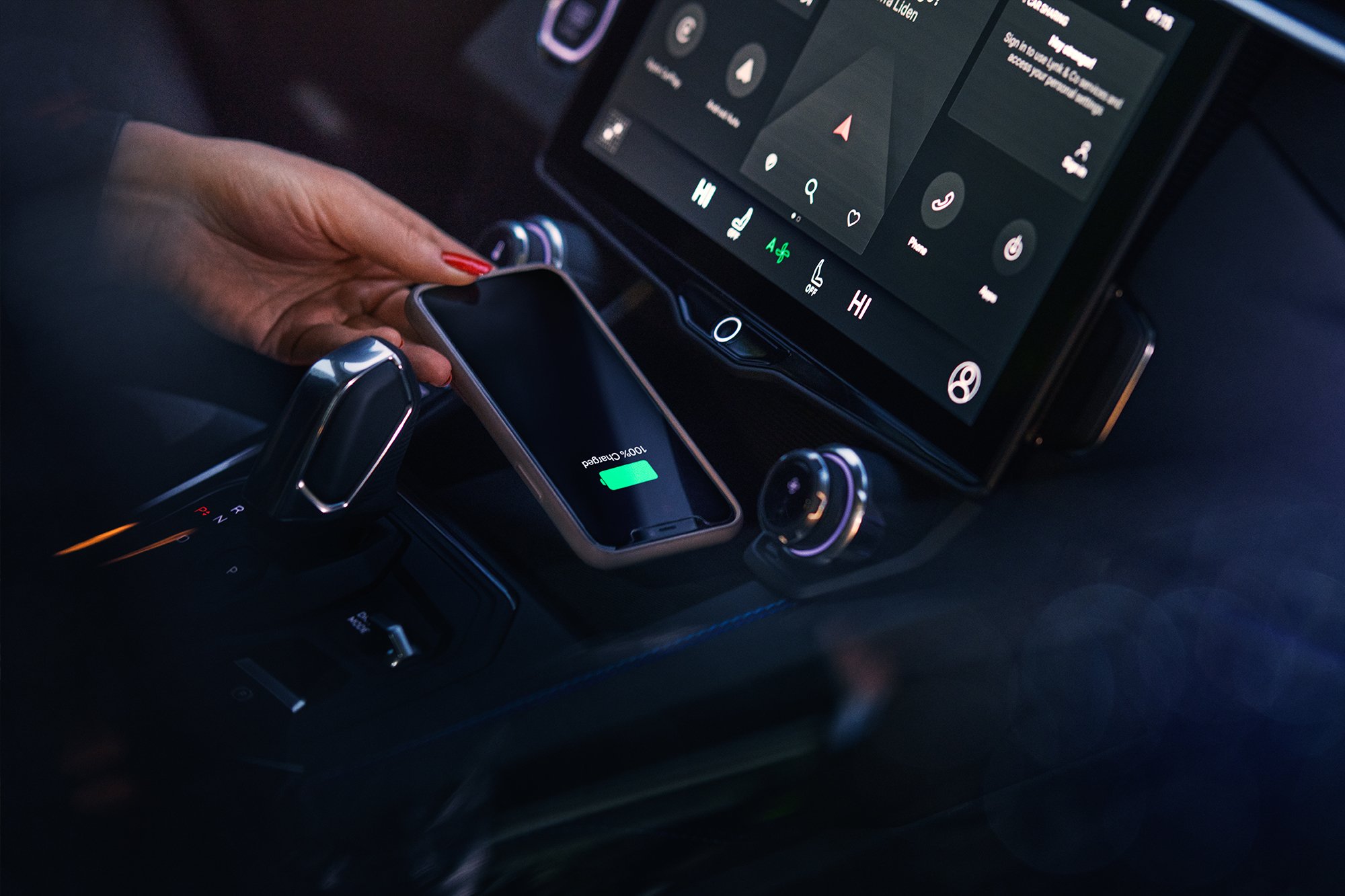'5+1' with Ellen Kuder – Vice President Ecosystem Growth at Riverty
Meet Ellen Kuder, Vice President Ecosystem Growth at Riverty in our interview series '5+1’.
With the rise of smart cars and connected vehicles, the world of digital payments and e-commerce is becoming increasingly relevant to both car manufacturers and drivers. Riverty, a financial service provider of Bertelsmann, is a first-mover when it comes to cross-industry collaborations. In the mobility world, Riverty has assisted Swedish company Lynk & Co in rolling out its innovative car subscription and P2P sharing platform across seven European countries in a short time by making sure that all the complex financial processes in the background run smoothly.
In this interview, you will now learn more about Ellen Kuder and her job as Vice President Ecosystem Growth, what significance digitization has for the future of mobility and about the critical success factor in the area of payment and mobility-as-a service to make the mobility transition as easy as possible. Moreover we get to know more about the collaboration between Riverty and Lynk & Co and its learning and benefits. Last but not least, Ellen lets us know what Riverty is doing to push gender equality and diversity forward.
1. You are Vice President Ecosystem Growth at Riverty. What does your job involve and what is it that drives you?
As Vice President Ecosystem Growth at Riverty, my role is to bring together the right partners in the mobility industry to create new and innovative solutions that are human-centric and sustainable. I have always been passionate about new trends and the opportunities that arise when technology, innovative thinking and the right people come together. My job includes business development and sales, with a focus on creating new opportunities to grow the Riverty ecosystem. I aim to increase our engagement with stakeholders in the mobility ecosystem, including startups, customers, partners, associations, and organizations. This involves speaking and attending events to stay and get connected with mobility and business communities.
2. What significance does digitization have for the future of mobility?
Digitization has a significant impact on the future of mobility, as it is transforming the way people move around and access transportation. For me personally, the greatest potential for more sustainable mobility behavior lies in the intelligent combination of transport modes. Intermodal services that combine different modes of transport according to their individual benefits for the user and the environment. Digitalization creates the basis for these networked services and is therefore a key driver, if not the key enabler, for the future of mobility. It creates optimal user journeys and makes the use of these offers as pleasant as possible, which in turn promotes the acceptance of new mobility offers and encourages a sustainable change in consumer behavior.
3. What is the critical success factor in the area of payment and mobility-as-a service to make the mobility transition as easy as possible?
To make the mobility transition as easy as possible, a seamless and convenient payment journey is a critical factor. We must ensure that users can pay for their transportation with ease, regardless of the mode they use. To achieve this, payment systems must be integrated into MaaS platforms, allowing users to pay for multiple modes of transportation with a single account and their preferred payment option. Furthermore, it is crucial to offer pricing models that suit the user’s individual needs and payment options that are easy to use. Transparency is also essential, with clear pricing information and a detailed overview of expenditure to help users make informed decisions and keep up with their financial needs. Finally, security is paramount to protect users' financial information and prevent fraud.
By prioritizing payment and MaaS as part of a strategy for future mobility, we can provide users with the seamless payment experience they expect, encouraging them to adopt new mobility options. This will help us build a more sustainable and efficient transportation system.


4. Riverty is a first-mover when it comes to cross-industry collaborations – as we see with Lynk & Co. What are the learning and benefits?
The world needs more sharing. Isn't it incredible that we only use our cars 4% of the time? Such figures call for innovative approaches, and Lynk & Co is a great example of the transformative effect that thinking about the core needs of consumers can have. What you can see here, of course, is how these new concepts suddenly change the core and fundamental processes of a car manufacturer - especially when we look at the payment processes. In the past, a car manufacturer developed, designed and produced cars and sold them to end customers through dealers. Money flowed from the end customer via the dealer back to the manufacturer, and payment was made in cash or by bank transfer. The complexity of the order-to-cash process was manageable. When a car manufacturer such as Lynk & Co decides to move away from the one-off sale and servicing of cars and instead makes its cars available on a monthly subscription basis, this is a big step in itself. When subscribers can then share their cars with other members at prices they set themselves, completely new processes emerge that have little to do with the original business model of the automotive industry. Complex order-to-cash processes need to be handled with a variety and large number of transactions, processes that are suddenly much closer to e-commerce and subscription models than to the original automotive industry.
As a FinTech with tradition, we have the advantage of having mapped complex transaction processes for decades. Our customers and ultimately the entire mobility industry benefit from this experience. After all, innovative mobility ideas have to be monetized and mapped in payment processes, and that is our core business. As a strong partner, we take care of the smooth processing, giving our customers the freedom to think innovatively and creatively.
5. As we all know the mobility industry is still dominated by men. What is Riverty doing to push gender equality and diversity forward?
While many companies claim to embrace diversity and inclusion, the truth is that true diversity is still lacking in numerous workplaces. Personally, I abide by the principle of forming diverse teams within our organization, within projects, and even when I go on stage. It is my responsibility to mentor people, enabling them to unleash their full potential and contribute effectively to projects, as an example. Promoting diversity for me also involves to actively encourage people from diverse backgrounds to join us, as I believe in the value they bring. Therefore, it is imperative for leaders like myself to shoulder the responsibility of establishing a common ground. Looking at the corporate perspective we at Riverty understand that it is not enough to merely discuss diversity; we must also take concrete actions to foster it within our company culture. By setting a positive example and actively cultivating a diverse and inclusive environment, we can make a meaningful impact on society and drive progress towards genuine diversity and equity.
And the +1 question from Ellen to you:
"Revolutionizing Mobility: What's Your ticket to a seamless journey? Share your best payment experience in Mobility or tell us what you think matters most!"
Thank you Ellen for doing this insightful ‘5+1’ interview with us. If you want to hear more from the many inspiring women in the industry, check out the ‘5+1’ section of our magazine.
Picture 1: Riverty
Picture 2+3: Lynk & Co

